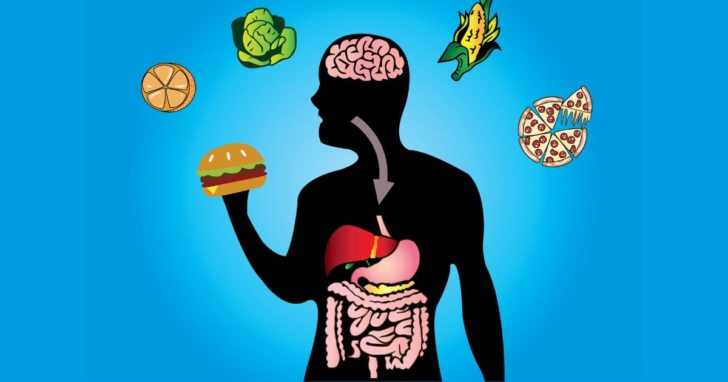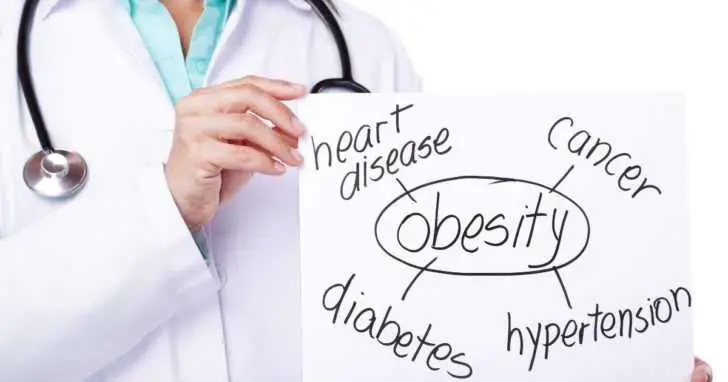In recent years, an increasing number of young people have been diagnosed with early-onset colorectal cancer.
Experts are researching the possible causes that led particular demographic to face a growing threat of this type of cancer.
Research show that individuals under the age of 50 are mostly affected by colorectal cancer and it is believed that this “trend” has a lot to do with shift in environmental, lifestyle, or possibly genetic factors.
Those born in the latter half of the 20th century face heightened risks.
As per the American Cancer Society, colorectal cancer starts in the colon. “Most colorectal cancers start as a growth on the inner lining of the colon or rectum. These growths are called polyps.”
While polyps are quite common and often noncancerous, some can turn into cancer over time.
Historically, this form of cancer was typical for the older population, but as more and more young people are diagnosed with it, researchers are rethinking screening recommendations and are looking for different treatment approaches.

Dr. Jeremy Kortmansky of Yale School of Medicine explains that colorectal cancer typically exhibits aggressive histological features, which is why it is often diagnosed in later stages.
The symptoms can be rectal bleeding, changes in bowel habits, diarrhea, or constipation. It is very likely these symptoms to be mistaken for less severe issues like hemorrhoids or irritable bowel syndrome.
Rebecca Siegel from the American Cancer Society believes that the increase of early-onset colorectal cancer at young people can be related to the lifestyle changes introduced in the mid-20th century.

Over the years, the Western diet has undergone significant changes. It included more processed foods and sugars, notably high-fructose corn syrup,which became a widespread product used during the 70s. Researchers link this shift to obesity and metabolic disorders, which are both risk factors for colorectal cancer.
Another risk factor is the sedentary lifestyle.
Studies suggest that it may take years before such changes manifest as cancer, which explains the recent raise of cases of this type of cancer at young people.

Of course, as with any other cancer, genetics can play significant role at colorectal cancer.
Obesity increases cancer risk by altering hormones like insulin, promoting cell growth. Chronic inflammation caused by fat tissue also contributes to this risk. A study in JAMA Oncology found that obesity nearly doubles the risk of early-onset colorectal cancer.
In order to avoid the risks of developing colorctal cancer, one needs to focus on fiber-rich foods like fruits, vegetables, and whole grains. Further, to limit red and processed meats, be physically active, quit smoking and alcohol consumption, as well as manage stress.
It is always of crucial importance to prioritize prevention, and that can be done by adapting to an active and healthy lifestyle.
Please SHARE this article with your family and friends on Facebook.
